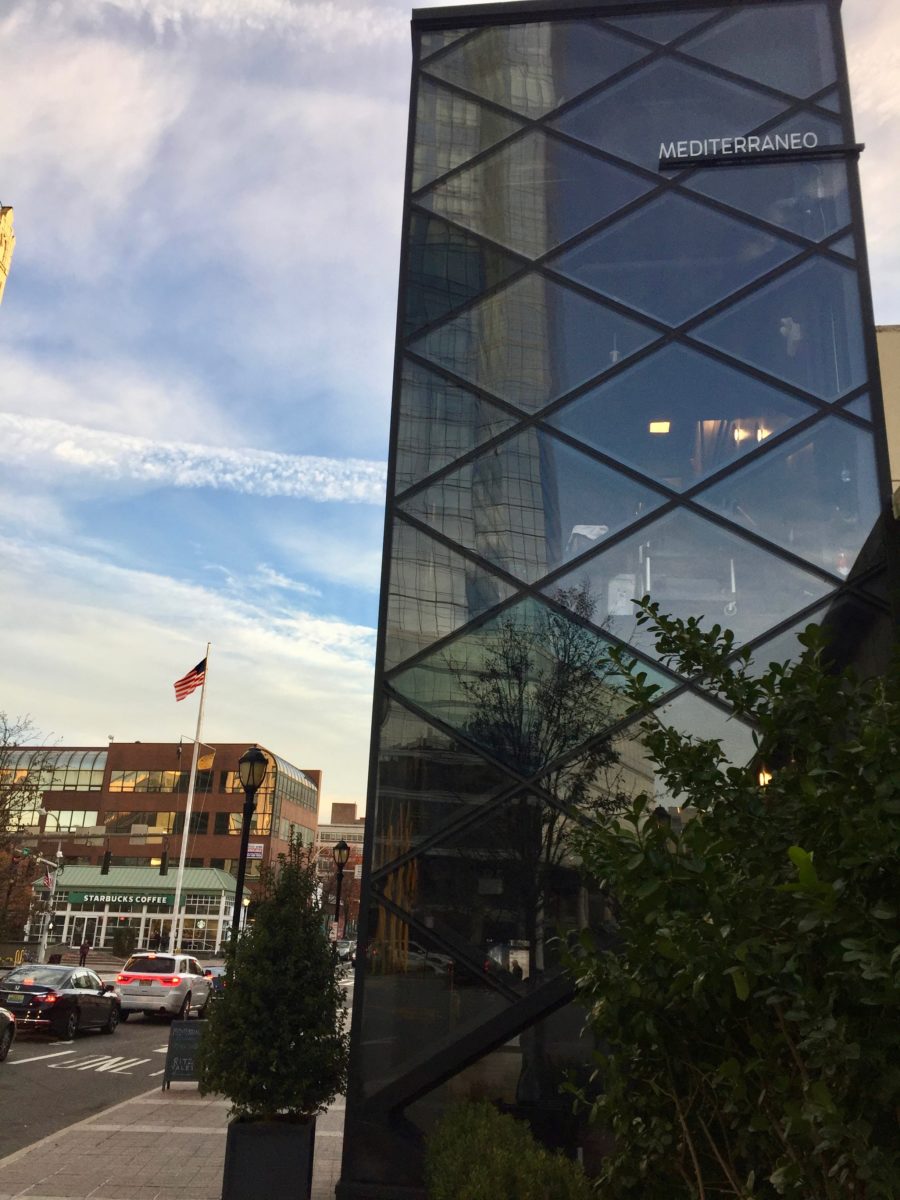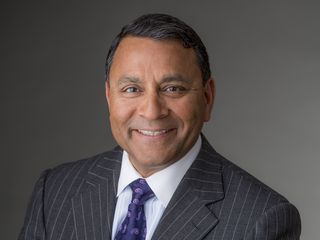As Westchester’s four largest cities get set to undertake a $750 million public-private effort to bring super-speedy gigabit broadband internet speeds to its residents and businesses, there’s still much to figure out.
A national expert on gigabit broadband led a discussion on what steps would be required by the plan ”” which calls for a gigabit broadband network about 20 times faster than basic broadband to be built in Yonkers, New Rochelle, White Plains and Mount Vernon.
Blair Levin, a former staffer under both Presidents Barack Obama and Bill Clinton and former chief of staff at the FCC, spoke at a luncheon Thursday hosted by the Westchester County Association, the nonprofit business group that is leading the effort.
Coming two days after the presidential election, Levin meshed  two of the slogans of the candidates to open his talk to those gathered at the Tappan Hill Mansion in Tarrytown.
He said America can be made great with great broadband, but was stronger together in building the networks.
Related:Â Four Westchester cities announce $750 million plan for gigabit broadband
“I think this county will be much stronger in its broadband efforts by virtue of the four cities coming together in this common effort,” said Levin, a Washington, D.C. resident who has joined the Westchester County Association gigabit initiative as a volunteer adviser.
Levin said the county was taking steps that put it at the “forefront of all communities,” and said the economic impact could be significant. He said the technology is still in the “early innings,” but America has experienced record growth in the fiber ”” to the point it is now reaching about 30 million homes. Improved broadband leads to economic growth, better jobs and higher property values, he said, citing examples in Chattanooga, Tennessee and Kansas City, Kansas, and Kansas City, Missouri.
“But this raises a very important questions, which is if broadband offers such returns, why aren’t current market forces producing the affordable, abundant bandwidth communities seek, and next generation networks can deliver?” Levin asked.
He explained that often the incentives just aren’t there for the internet providers.
“All the benefits I just mentioned are benefits that are more to people and entities other than the owner of the network,” Levin said.
So often it falls to the city to find a way to incentivize a provider to make those upgrades.
“There are many things that have to be done to offer service that provides affordable abundant bandwidth,” he said. “These include designing, financing, constructing, equipping a product, and marketing that product, as well as serving the customer.
Communities have approached these tasks in several different ways, Levin said. Some took steps to lower the costs for the private companies to build a better network, others a public-private partnership where the city owns the conduits and the private sector owning the fiber, two other cities built a network and then leased its operations to a private partner. Some other cities, Levin said, take on all the tasks and essentially go into competition with private providers, though he added that’s more common for smaller, more rural communities.
“The fundamental trade-off is very simple: the more the community wants to control the outcome and all the different elements of it, the greater risk the community must undertake,” Levin said. “Conversely, the community can lower its risk profile but it will inevitably have to give back certain elements of control.”
Levin cautioned that there is no single solution for all communities. But he said Westchester, by combining the population of four cities, will at least have the scale to garner the attention of internet providers.
“And I know this because the incumbents in your community have already called me up to ask me what I was going to say today,” Levin said.
Related:Â Greenburgh pushes for place at gigabit table
But, he cautioned, the process toward getting the high-speed gigabit broadband live in Westchester will be long. Even Google, “one of the fastest movers on the planet” took years to grow its fiber networks in the eight cities it’s currently in, he said.
“Part of the problem with our politics these days is people expect instantaneous success, it doesn’t happen in these kinds of large development projects,” Levin said.




















